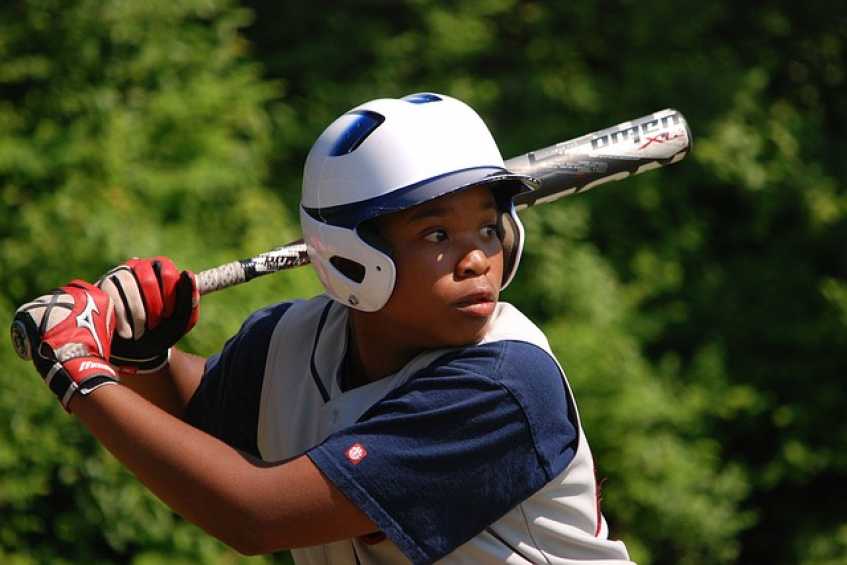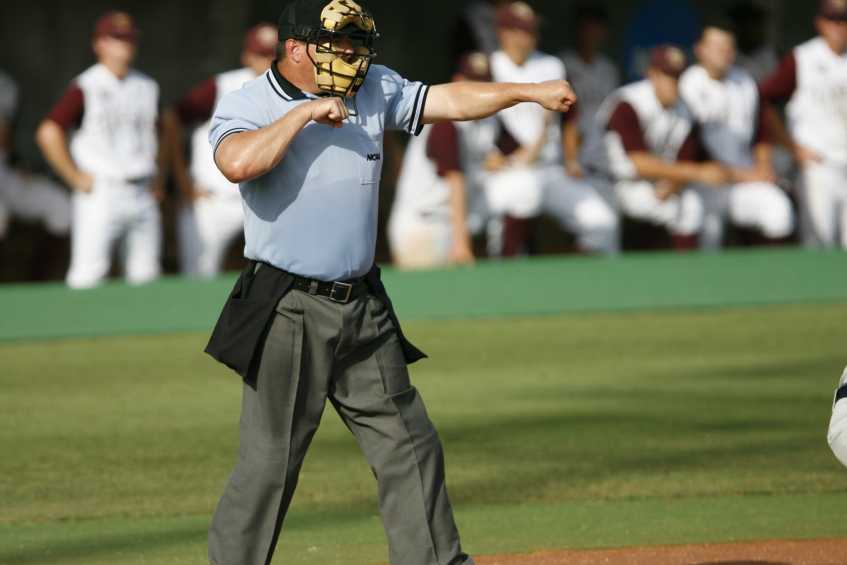

As we all know, there is a physical side to sports, which is extremely important to peak performance and, of course, there is the mental side. The better the athlete, the higher ceiling for success than those less physically gifted. However, players who are less physically gifted can compete with the best when they are mentally strong. Players, who put the two together, are the players that reach their potential, not always an easy thing to do, though. Providing solid mental baseball tips creates athletes with the confidence and poise to deal with the inevitable ups and downs of playing baseball.
This is why having good coaching can make all the difference in players' careers. Having worked with athletes for many years, I realize that it is a never-ending process of building up the mental side of ball players. No players have constant success, even the best ones, so building players self-esteem and confidence, which can be elusive things,is a constant goal of the baseball coach.
There is no tougher sport than baseball, especially on the mental side. Failure is such a big part of baseball with even the best players in the world making many more outs than hits, over the course of the season. In addition, the pressure on pitchers is very high as they are the center of the game. Baseball players must be able to handle this failure and pressure to maintain their desire to keep playing.
Support from adults and coaches is crucial to develop mentally-tough players. Over time, this mental support builds up players' abilities to handle adversity, as well as building confidence, aggressiveness, focus, and love of the game.
Following are some of thesupport statements and mental baseball tips that baseball coaches should be passing on to youth ballplayers so that players gain the aforementioned, necessary attributes.
"That's part of the game" This may sound simple and obvious, but it is so important when ballplayers inevitably struggle. It helps kids understand that certain baseball events happen all the time to everybody, not just to them and that they have to get used to it in order to handle adversity. Statements like "Hang in there," "You'll get them next time," and "Things will change" all express the same things and are the type of baseball mental tips coaches should use.
"See (concentrate on) the ball" - This statement attempts to put the player in the "here and now" and not in the "what might happen" frame of mind. This is important so kids can "Stay focused on the task at hand" and helps them concentrate through any fears they may have, as well as keeping their mind off of the mechanics and focuson the ball, where it should be.
"You can do it" the word you is the most empowering word there is when used in a positive way. Kids need to know that coaches believe in them and statements, as these, tell kids that.
"That's why you practice, so you don't have to think during the game" - This takes a while for kids to get to this point but those who develop their instincts and talent, and allow those to take over during the action, get in the zone most often and succeed the most.
"You are like me, I was always nervous when I played," or "I have been there too, it will get better" are statements that let kids know that you have the background and experience to deal with their fears. Fear of injury and fear of failure are real and coaches who can speak from experience help kids with those fears.
"You can only control two things, your preparation, and your effort, not the outcome" Allbaseball playersmust be reminded of this continually because of the frustration and difficulty. Players, who prepare and give their best effort, come to realize that they are usually rewarded with good game results but also realizethat there are no guarantees in sport.
"The more you practice this the correct way the better your chances of succeeding," tells kids that it is "Perfect practice that makes perfect" and not just any practice. Attention to detail is necessary for long-range success.
"If it was easy, everyone would do it" puts it all in perspective and helps kids understand that it is hard to be good and that success is not automatic. Along the same lines, I often find myself saying, "Even the best in the world struggle at this," to my students.
"Your goal is not to prove anything to anyone, but to improve," is important for kids to realize they should be playing for themselves, team, and love of sports. Playing just to prove something to others leads to shallow feelings in the end.
"You are one play away from putting it all together, so stay ready" is the only attitude good players should have so they have hope, which is necessary even when confidence is lacking.
Ultimately, what separates good coaches from the great ones are those that develop players' physically and mentally, giving ballplayers helpful baseball mental tips opens up the opportunity to reach their potential.
Here are the techniques you can try to help your players stay in the moment and develop concentration.
Coaches Should:
After playing major league baseball, Jack Perconte has taught baseball and softball since 1988 and offered valuable coaching training too. He has helped numerous youth players reach their potential, as well as having helped parents and coaches navigate their way through the challenging world of youth sports. Jack is one of the leading authorities in the areas of youth baseball training and coaching training advice.
All Jack Perconte articles are used with copyright permission.There are 0 comments on "Mental Baseball Tips Coaches Should be Telling Players"
chandler allen says:
"Hi my name is chandler, i’ve enjoyed..."
On Wanting to tryout for summer ball. as an 18 year old
david graham says:
"With no current MLB team in Canada,..."
On With no current MLB team in
Charles Chavez says:
"To All Coaches: Do you have13U or..."
On Looking for Games